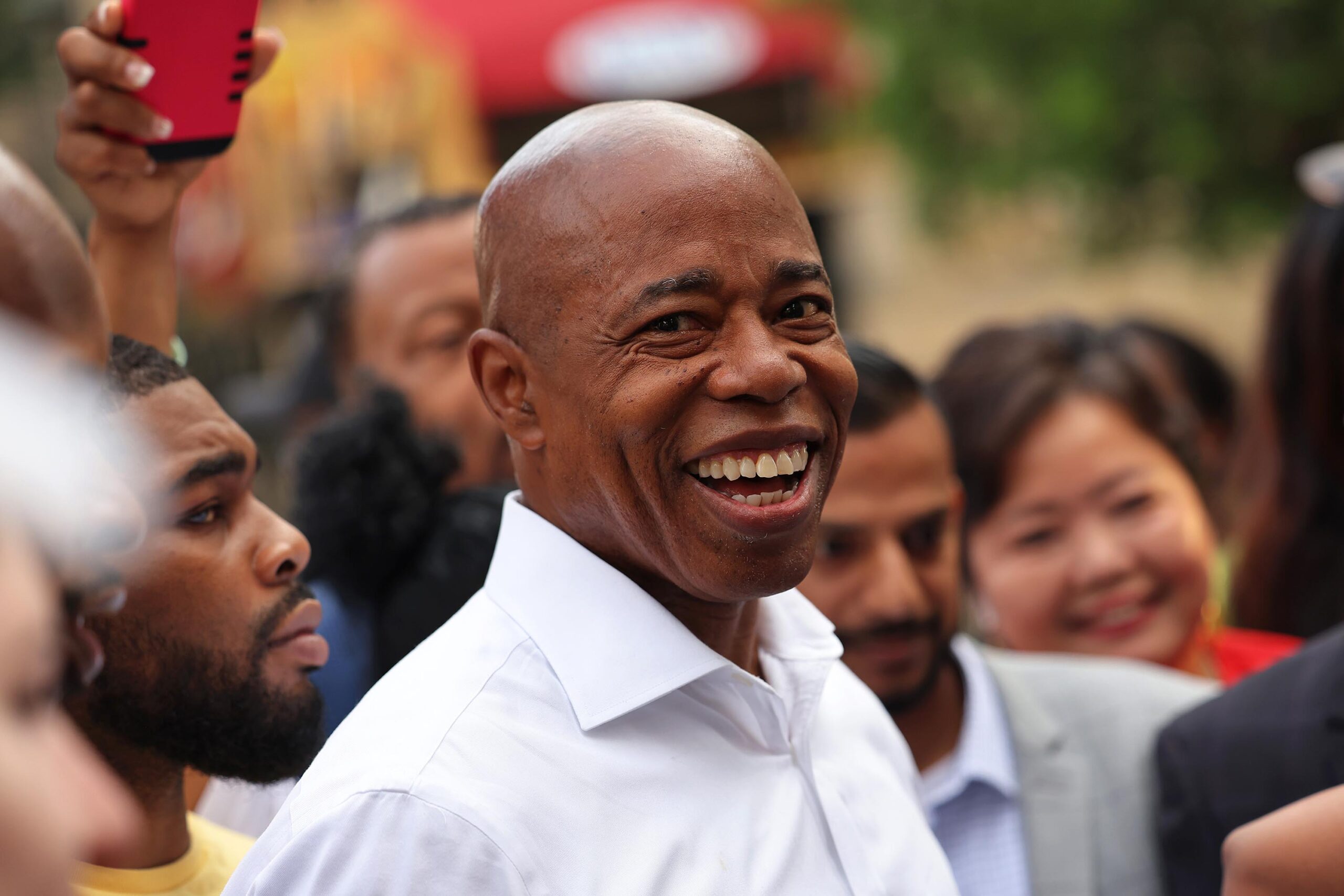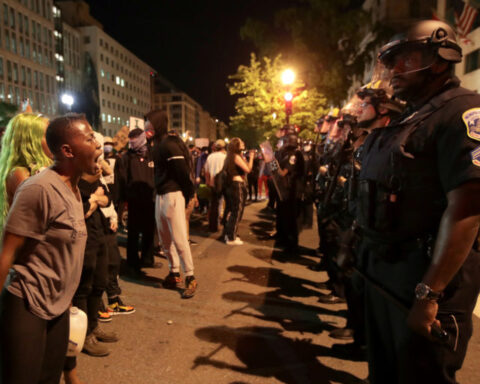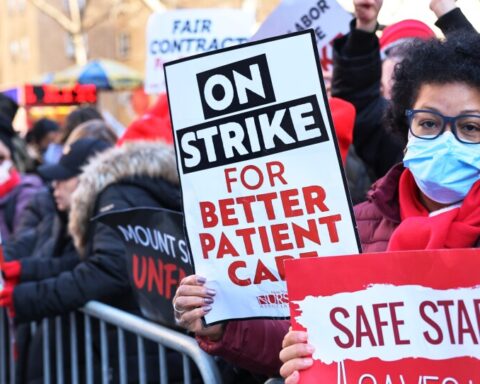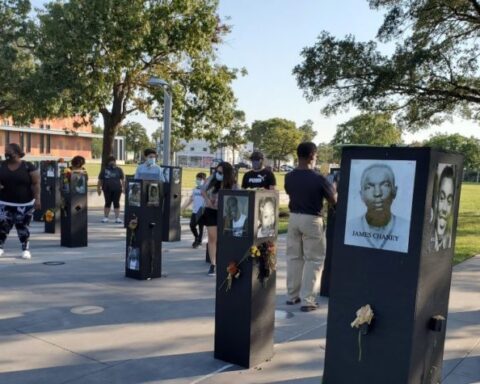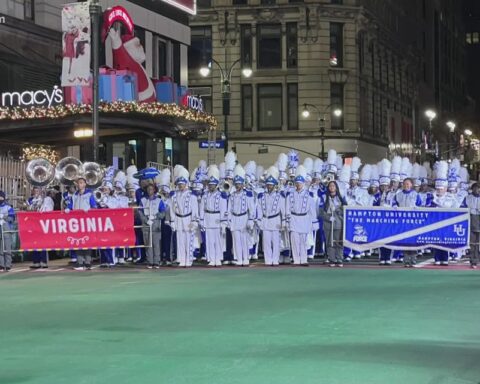Adams, a retired New York Police Department captain who embraced a public safety message, will be the second Black mayor in the city’s history, after the late David Dinkins.
“I wanted people to know my story, being a dishwasher, having a learning disability, being arrested as a child, going to school at night, working in a mail room. That was the story I wanted to send New Yorkers, and they felt me. And because of that, I’m now going to be the mayor of one of the greatest cities on the globe,” the mayor-elect told CNN’s John Berman on “New Day” Wednesday.
A Brooklyn native who currently serves as its borough president, Adams won a chaotic Democratic primary this summer on a promise to both beef up and reform the NYPD amid worries over a rise in violent crime. His message — that “public safety is the prerequisite to prosperity” — resonated with working class Democratic voters outside the traditionally liberal enclaves of Manhattan and parts of Brooklyn, which fueled his nomination.
Adams’ general election campaign was much more subdued. He largely ignored Sliwa, a founder of the Guardian Angels and media personality.
After Sliwa attacked him during one of their two debates, Adams shrugged and refused to engage.
“I’m speaking to New Yorkers,” he said, “not buffoonery.”
A former state lawmaker, Adams rose to the top of the Democratic mayoral field with a clear pitch to voters anxious over a pandemic-year surge in violent crime and persistent concerns over NYPD abuses, arguing that he is uniquely positioned to address both concerns.
That effort required he strike a careful balance in pledging to deal with police misconduct, often noting his past efforts to call out racism within the NYPD, as well as his testimony in the court case that ended the unlawful use of “stop and frisk” policies. (Adams says the tactic should be used, but under lawful guidelines.) He has also argued that the current debate over policing has presented a false choice, rejecting both the law-and-order rhetoric favored by many on the right, while denouncing left-wing activists’ calls to “defund” or more fundamentally reform the police.
